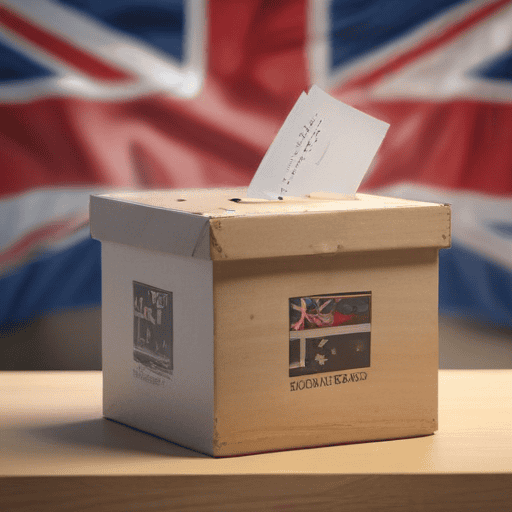Prime Minister Sitiveni Rabuka’s recent decision to appoint seven Opposition Members of Parliament from the Group of Nine (G9) as Ministers and Assistant Ministers marks a notable shift in Fiji’s political landscape. This significant move not only highlights Rabuka’s political savvy but also stirs substantial discussions about its implications for the country’s democratic governance.
The G9 coalition emerged following the deregistration of the FijiFirst party in July 2024, and its members consist of defectors from the Opposition led by Inia Seruiratu. Their status as independents has allowed them to operate in a Parliament historically divided along party lines. By integrating these MPs into his coalition government, Rabuka has redefined political alliances, thereby consolidating his authority in a parliamentary environment where every vote is critical.
Nevertheless, this strategic maneuver raises crucial questions regarding the 2013 Constitution of Fiji. Analysts underscore the absence of explicit provisions concerning the appointment of independent or crossbench MPs to government roles. While Attorney-General Graham Leung maintains that the Constitution doesn’t explicitly forbid such actions, the lack of clarity could lead to uncertain political strategies that risk undermining the integrity of parliamentary processes.
Critics argue that this appointment seems more focused on consolidating power ahead of the upcoming 2026 General Election rather than fostering meaningful collaboration within the government. This ambiguity in constitutional guidelines has instigated concerns over the potential for unchecked political maneuvering, particularly in a time when public trust in political institutions is low.
The current situation emphasizes the urgent need for constitutional reforms to clarify these ambiguities and safeguard against potential abuses of power. As Fiji’s political climate evolves, it is essential that short-term political gains do not compromise foundational democratic principles.
Looking forward, this pivotal moment could serve as a catalyst for necessary reforms aimed at promoting transparency and integrity across the political spectrum. There is cautious optimism that by emphasizing democratic ideals, Fiji can emerge from this transitional phase stronger and more committed to ensuring that all citizens’ interests are served.
In summary, while Rabuka’s strategic appointments represent a significant development in Fiji’s political narrative, they also highlight the necessity of careful navigation of emerging challenges in order to uphold democratic principles.

Leave a comment